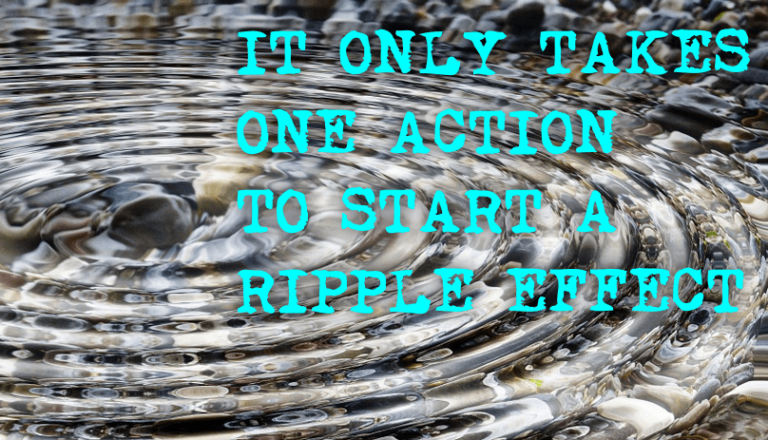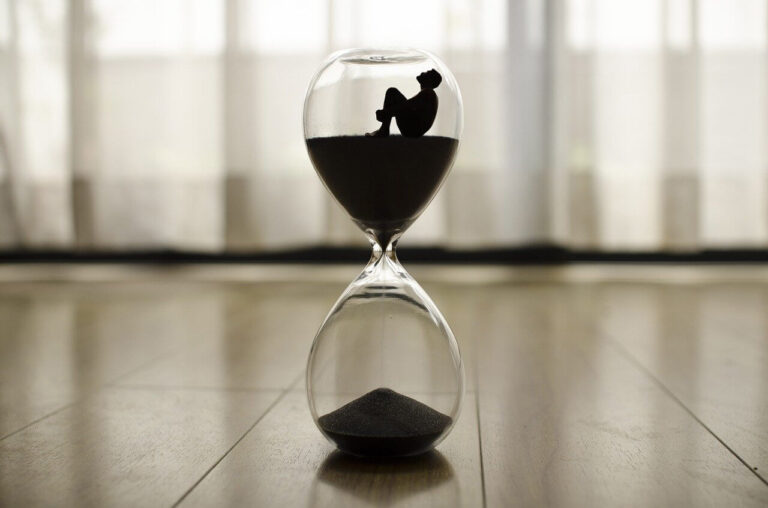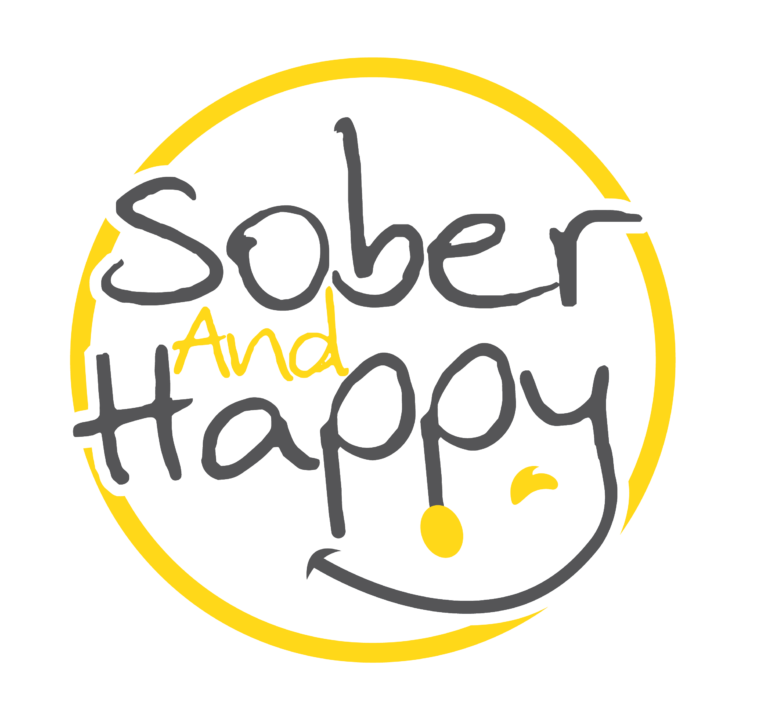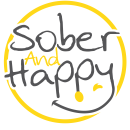

Tim Phillips
I love sharing my journey from being hopeless, to getting sober, to learning how to eventually be both sober and happy. to learning how to eventually be both sober and happy.

In recovery, triggers often feel like unavoidable ambushes—something as simple as a smell, a song, or even a time of day can send cravings into overdrive. But here’s the truth: triggers aren’t the enemy. Instead of exhausting ourselves trying to avoid them, we can learn how to face them, understand them, and strip them of their power.
Avoiding triggers entirely might seem like the safest route in sobriety, but it’s also unrealistic. Alcohol is everywhere, from commercials and casual conversations to concerts and gatherings. If we constantly run from these situations, we limit our ability to live fully.
We will explore how to shift your perspective on triggers, develop strategies to navigate them and build resilience so they no longer control your life.
Triggers are a natural and expected part of recovery. They’re not a sign you’re failing—they’re a sign you’re human. Early in sobriety, many of us are encouraged to avoid triggers entirely, but this approach often creates more fear than freedom. Triggers themselves aren’t the danger—they’re signals, offering opportunities to understand ourselves better and grow stronger.
Triggers can be external, like a certain place or song, or internal, like stress or loneliness. Awareness is the first step to managing them. Start tracking your triggers by noting when cravings arise. Where are you? How are you feeling? Over time, patterns will emerge, helping you anticipate and prepare for triggering situations.
Rather than seeing triggers as enemies, try viewing them as teachers. They highlight areas of your life that need attention. For example, if stress at work is a trigger, it may signal the need for healthier coping strategies or boundaries. This mindset shift transforms triggers from obstacles into tools for growth.
Preparation helps you stay grounded. If boredom is a trigger, create a list of activities like taking a walk, starting a hobby, or calling a friend. For social situations, practice responses to decline alcohol and plan to have a non-alcoholic drink on hand. These strategies take the guesswork out of difficult moments.
Avoiding triggers forever isn’t sustainable. The only way to reduce their power is to face them gradually and intentionally. Start small, like attending a low-pressure event with supportive friends, and build confidence over time. Each success makes you stronger.
Resisting triggers often gives them more power. Instead, practice acceptance. When a trigger arises, acknowledge it without judgment: “This is uncomfortable, but I can handle it.” This approach shifts you from being reactive to being in control.
You don’t have to face triggers alone. Share your experiences with friends, a recovery group, or an online community. Sometimes, simply saying, “I’m feeling triggered,” can help lighten the load. Those who care about you want to help—let them.
Triggers are a normal part of recovery, but they don’t have to derail you. By understanding them, creating a plan, and building resilience, you can navigate life confidently. The goal isn’t to eliminate triggers—it’s to live in a way where they no longer control you.
Take some time this week to reflect on your triggers. Write them down, get curious about them, and think about how you can respond differently next time.
For more insights and strategies, listen to the full episode of The Sober and Happy Podcast.

I love sharing my journey from being hopeless, to getting sober, to learning how to eventually be both sober and happy. to learning how to eventually be both sober and happy.




Join our mailing list to receive the latest news and updates from our team.






Copyright © 2023 by Sober and Happy. All rights reserved.

Join our mailing list to receive the latest news and updates from our team.